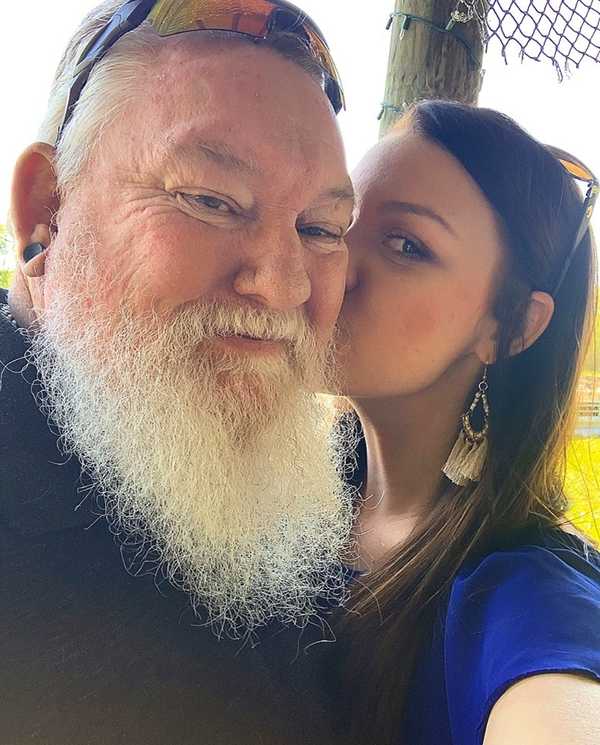I'm going to be blunt here: everyone is going to die, and the people who loved them are going to have to deal with that loss whether they like it or not. Everyone expects you to either be a blubbering mess at worse or a morose, quiet energy at best, but these scenarios aren't actual realities for some people, and that's OK.
When my grandmother passed away two weeks ago, I was obviously very upset, but also surprisingly calm and still extremely positive. My parents warned me to brace myself for the wake and funeral later that week, especially because I had never lost someone I had been really close with before. I took in what they said and expected to be extremely emotional throughout the week, though I wasn't expecting the reality of my emotional life to be the exact opposite.
Of course I was more upset than I had been when other very distant, older relatives had died in the past, though I never really showed it. I didn't shed a single tear at the wake, and it shocked me. I mean, how could I not produce one tear over my dead grandmother, someone who I love with all my heart, but still hysterically sob over the ending of "Toy Story 3" no matter how many times I watch it? Sure, I cried a little bit at the funeral but not nearly as much as I had expected to. It got to a point where I asked myself, could I really be this heartless?
But just because I wasn't extremely emotional over the death of my grandmother doesn't mean that I'm a heartless person. The way a person grieves doesn't define their love, or even lack thereof, for the deceased, nor does it define their love for anyone or anything else in this world.
Emotions are extremely difficult to control, especially during huge life changes like death. How a person reacts to these situations isn't necessarily their fault. Some people, like me, hate showing negative emotions because doing so makes them feel weak and vulnerable, so they either consciously try their best to cover up those emotions in different ways or it just happens automatically. Other people either don't have a problem with this and don't mind wailing like a baby in public, or they are just so overcome with emotion that they can't help but sob uncontrollably.
Coping mechanisms also don't define how you feel over the death of someone. Because I hate feeling negative emotions, my coping mechanisms always involve things that make me extremely happy. I'll work out, learn the choreography in different dance videos, sing my favorite songs as I drive around town, watch funny movies, or just read a good book. Sometimes I'll do something boring, like cleaning my room, just because it gets my mind off of what happened. For some other people, their coping mechanisms may involve doing things that will force them to be reminded of what happened. I've seen people constantly look through old photos, make certain foods, and visit certain places--including the cemetery every day after the funeral--so they could think about the person they lost. For them, perhaps exposing themselves to these things so often would help them better cope with the fact that their loved one is gone, or perhaps they're scared they'd forget them and doing these things would ensure that they'll always have those memories.
Whatever the case may be, just know that everyone grieves differently. Even if it may not seem natural or satisfactory to you, accept that however a person may behave after they lose someone is often temporary and is helping them get through the pain. So instead of questioning their behavior, simply be there for them.




















